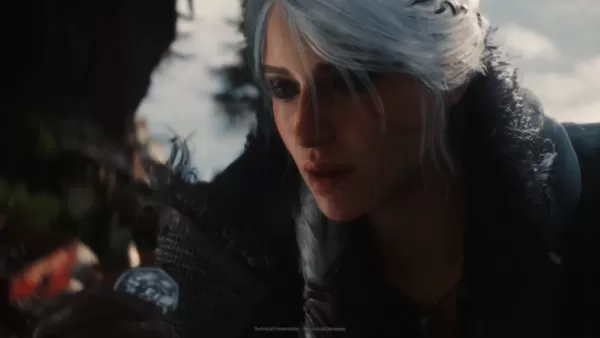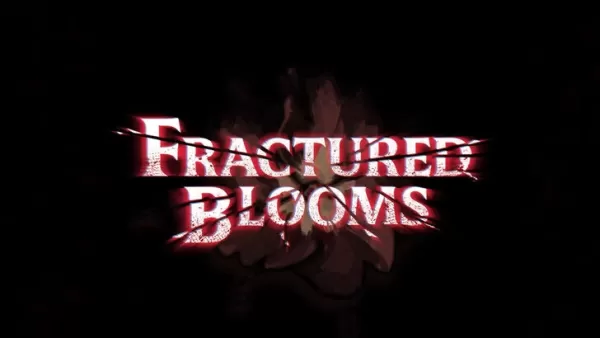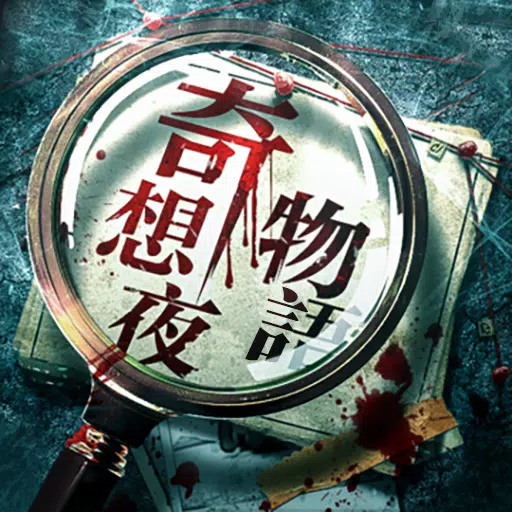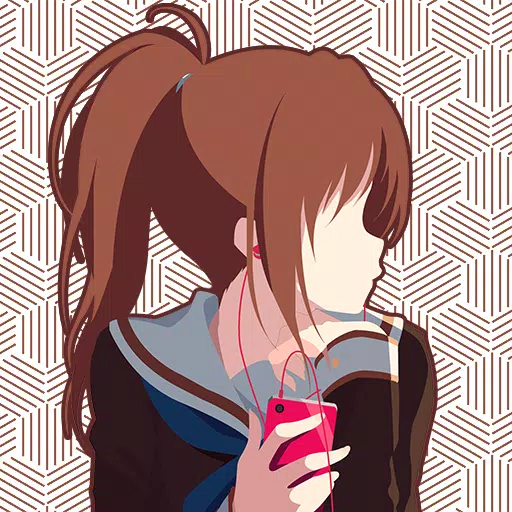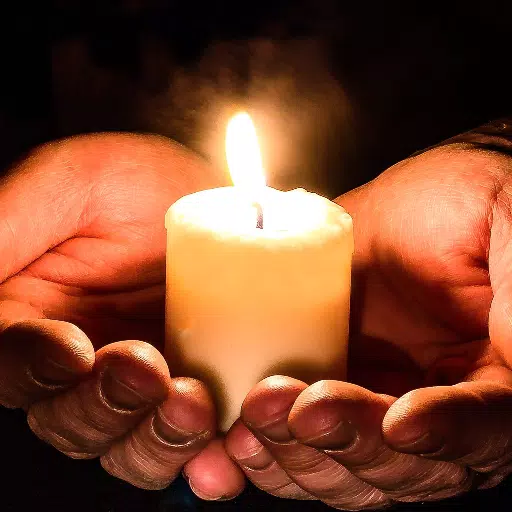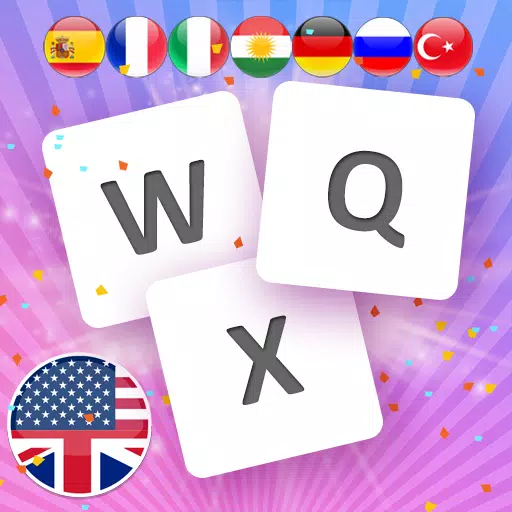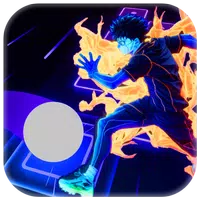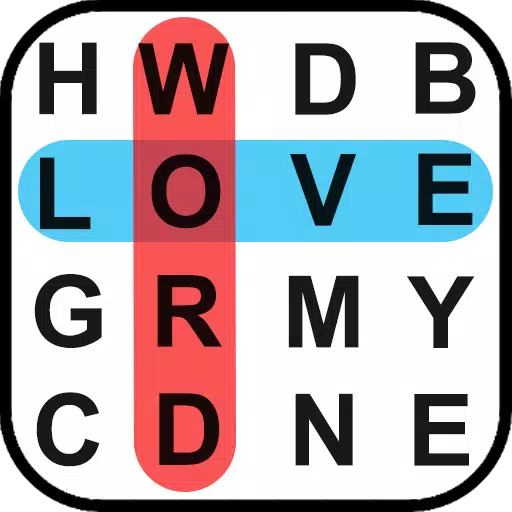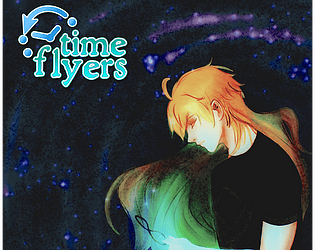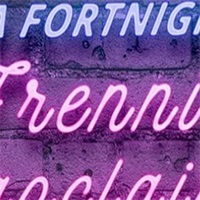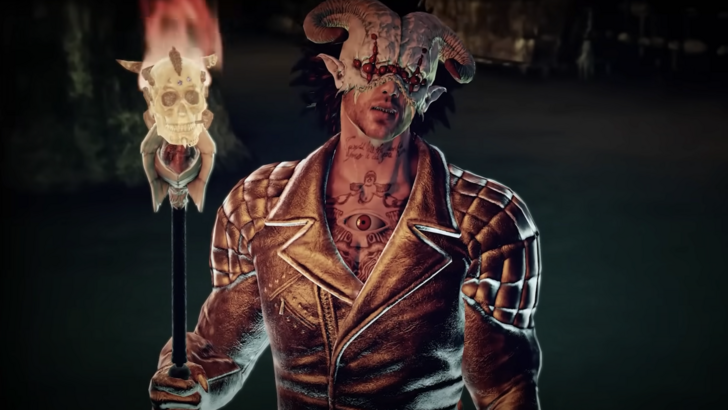 The upcoming October release of Shadows of the Damned: Hella Remastered has reignited criticism of Japan's CERO age rating system, with the game's creators voicing their frustration over censorship imposed on the Japanese release.
The upcoming October release of Shadows of the Damned: Hella Remastered has reignited criticism of Japan's CERO age rating system, with the game's creators voicing their frustration over censorship imposed on the Japanese release.
Suda51 and Shinji Mikami Condemn Censorship in Shadows of the Damned
CERO Faces Renewed Backlash
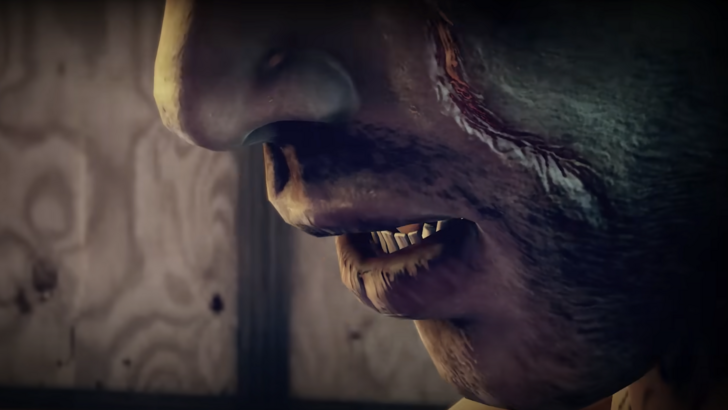 Suda51 and Shinji Mikami, the creative minds behind Shadows of the Damned, have publicly criticized Japan's CERO rating board for the censorship applied to the remastered version of their game. In an interview with GameSpark, they openly questioned the rationale behind the restrictions.
Suda51 and Shinji Mikami, the creative minds behind Shadows of the Damned, have publicly criticized Japan's CERO rating board for the censorship applied to the remastered version of their game. In an interview with GameSpark, they openly questioned the rationale behind the restrictions.
Suda51, renowned for Killer7 and the No More Heroes series, confirmed the necessity of creating two versions of the game – a censored one for Japanese consoles. He highlighted the significant increase in workload and development time this entailed.
Shinji Mikami, celebrated for his work on mature titles like Resident Evil, Dino Crisis, and God Hand, expressed disappointment, arguing that CERO is disconnected from modern gaming audiences. He questioned the logic of non-gamers censoring games, preventing players from experiencing the full intended experience, especially those who actively seek out mature content.
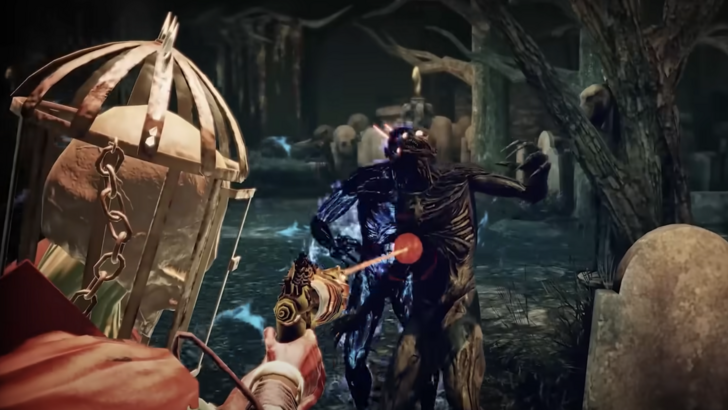 CERO's rating system, including categories like CERO D (17+) and CERO Z (18+), has been a source of ongoing debate. Mikami's original Resident Evil, a pioneering title in the horror genre, featured graphic violence, a characteristic maintained in the 2015 remake, which received a CERO Z rating.
CERO's rating system, including categories like CERO D (17+) and CERO Z (18+), has been a source of ongoing debate. Mikami's original Resident Evil, a pioneering title in the horror genre, featured graphic violence, a characteristic maintained in the 2015 remake, which received a CERO Z rating.
Suda51 questioned the effectiveness and target audience of these restrictions, emphasizing his concern for the players' perspectives and the lack of apparent benefit to the gaming community.
This isn't the first instance of CERO facing criticism. In April, EA Japan's Shaun Noguchi highlighted inconsistencies, citing the approval of Stellar Blade with a CERO D rating while Dead Space was rejected. This incident further underscores the ongoing controversy surrounding CERO's rating practices.

